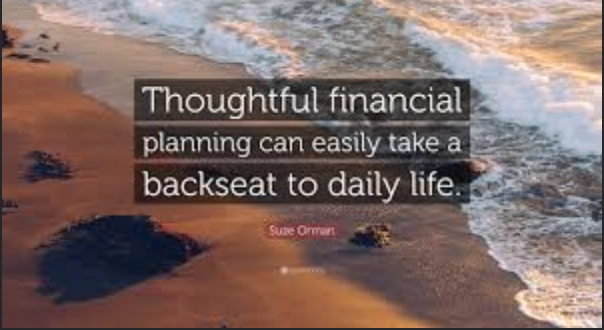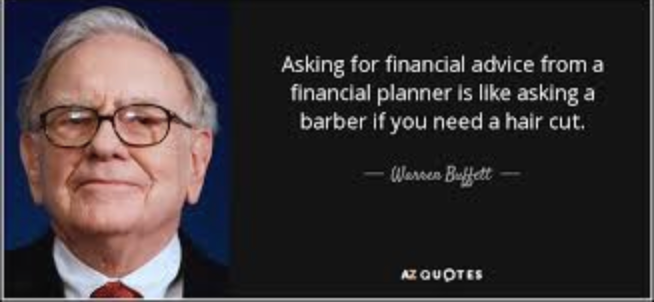July 31, 2023
(FINANCIAL LITERACY - SAVING AND INVESTING)
July 31, 2023
Hello everyone,
After Friday’s newsletter about my financial education, I thought I’d explore more about financial literacy.
Becoming financially literate is a skill we can all acquire. There are several principles we must understand to achieve competence.
We must know how to budget.
We must know how to save and invest our money.
We must be able to manage our debt.
We must be able to plan for our financial future.
We must be able to protect our assets through risk management.
We can achieve all of these by building financial knowledge, skills, and behaviour – and by setting realistic financial goals.
Many people say they know how to do all these things, but our behaviour around money seems to be put to the test when we are under pressure or stress or are trying to reach our goals too quickly. Sometimes we think we are fixing a problem simply by throwing money at it, when in fact, it can sometimes make matters worse. How many of us have invested in haste and regretted it later.
Let’s focus on one aspect of financial literacy today – saving and investing our money. In particular, I want to highlight the difference between saving and investing.
When we want to save money, we put it in a bank account where it is readily available and at low risk. so, we can reach our goals. When we invest our money, we are putting it into something specific, maybe an asset, which comes with risk, but it has the potential for higher returns over a longer-term horizon providing us the opportunity to grow our wealth. We are meant to leave this invested money alone, so it will grow.
Let’s see. Do you have a spouse or partner? Do you have a shared bank account? Or do you have separate bank accounts? Can you explain why you have one or the other?
It is important to identify each person’s spending behaviours. What works for one couple may not work for another couple. Using a joint bank account for utility bills is often a good idea as everything is transparent. Having a separate bank account for your own personal spending puts the responsibility back on you regarding how you budget your finances. If you really want to test yourself and know what you are spending your money on, write down in a book where you are spending your money. So put the date, the name of the retailer/business, and the amount. And I mean everything. Cappuccinos included. Do this for a month or more and you will soon get an idea where you can make cuts to your spending.
So, now we know how to save, but how do we invest or what do we invest in?
I’m going to list here the best ways to invest so you can build wealth that lasts.
# Stock ETFs and mutual funds.
# Low-cost index funds.
# Stocks on NYSE & NASDAQ.
# Real estate (or REITS)
# Treasury bills.
# Online savings accounts- they give a higher yield because they don’t have the overhead of a physical bank location.
Always be mindful of “get rich quick” schemes. They are everywhere in the investment world today. It’s vital to conduct your due diligence before you invest your hard-earned money. Do you know of a “get rich quick” scheme or “Ponzi scheme” that you heard about or became aware of?
Wishing you all a wonderful week.
Cheers,
Jacquie
“Formal education will make you a living, self-education will make you a fortune.” - Jim Rohn




